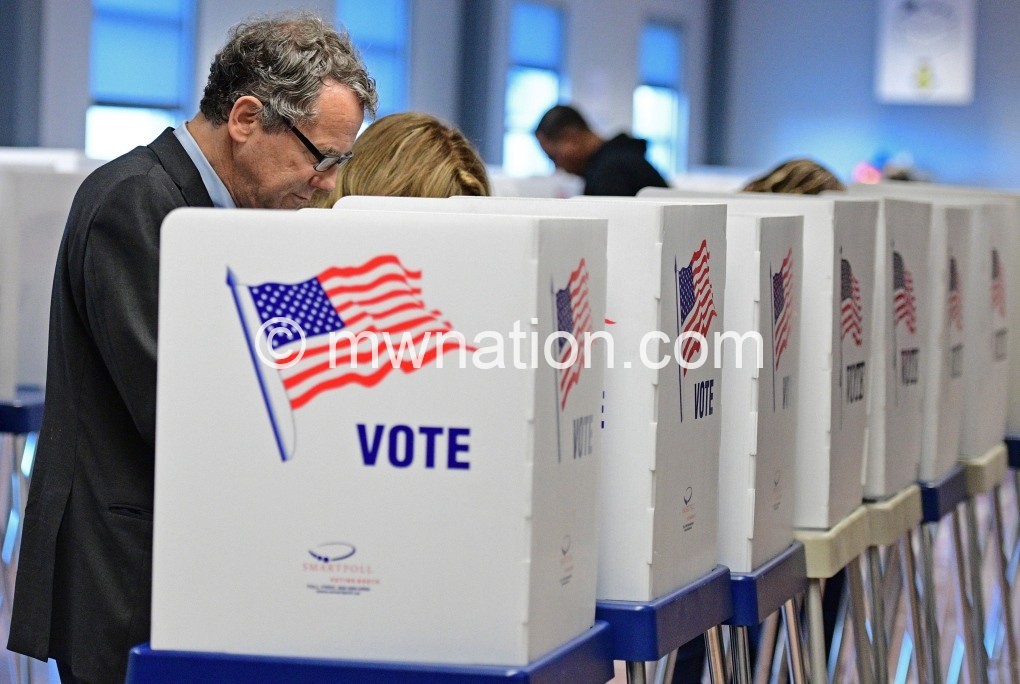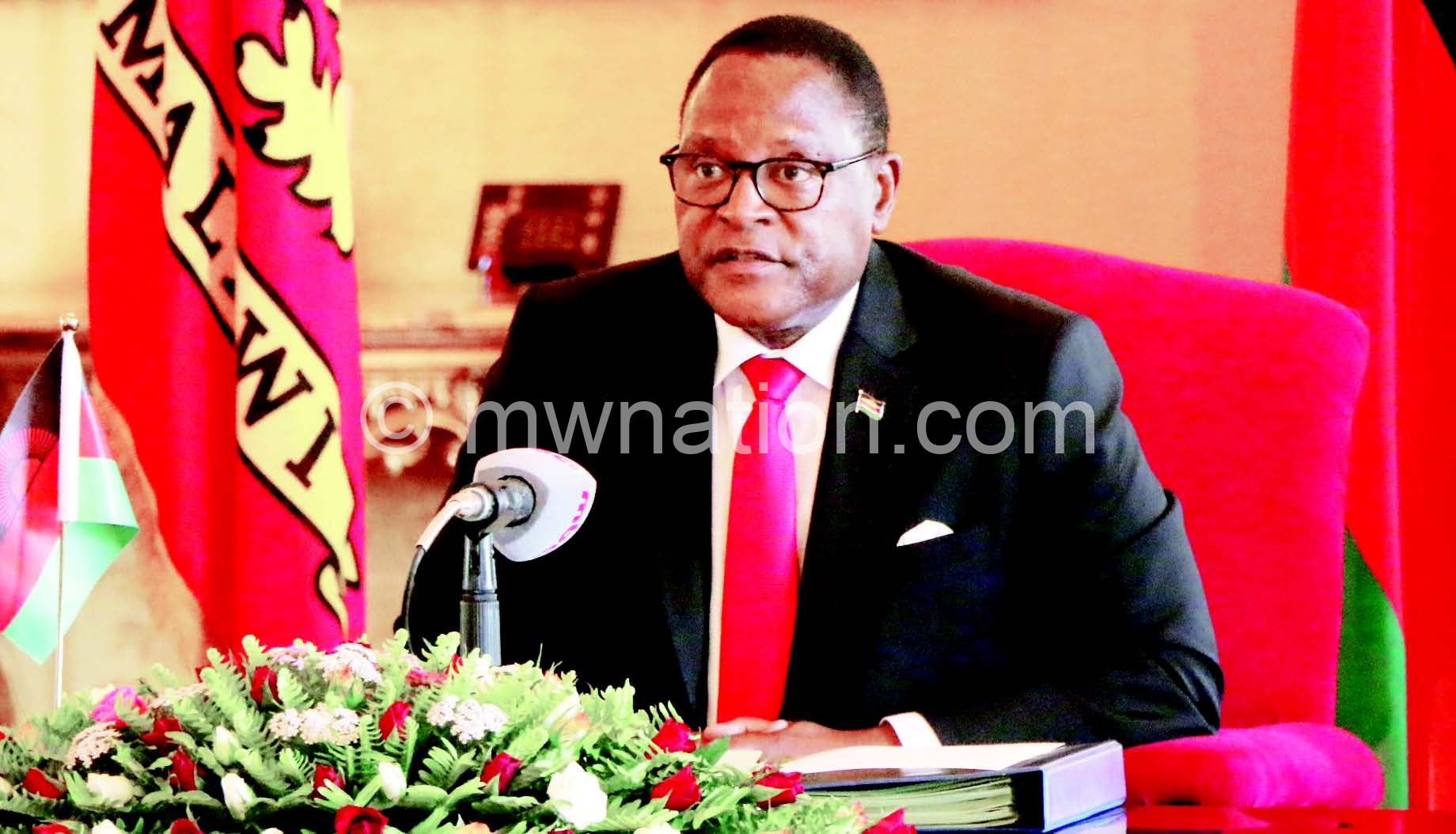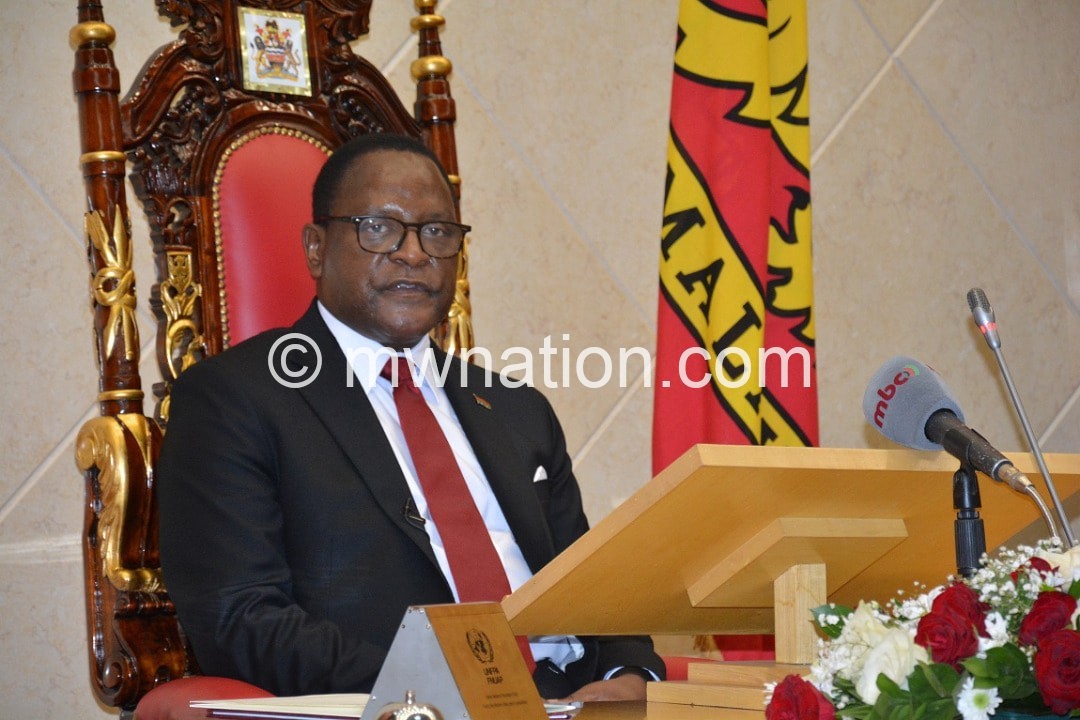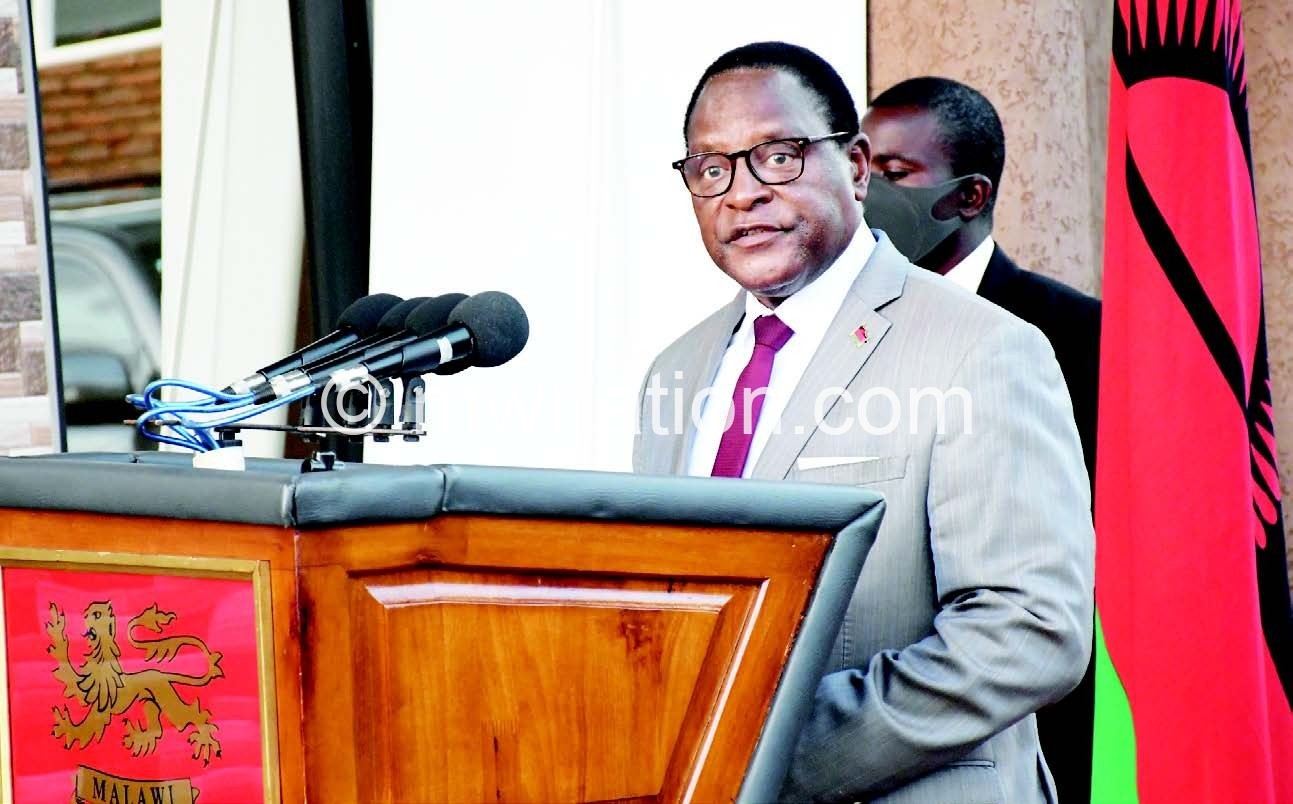The meandering road to 2019 for voters
The political wind continues to blow; the political landscape is also shaping, but the decision on who to vote for come May 21 2019 remains vacillating. It is not surprising though; the recent political turns have been enough to leave the electorate dancing to different tunes. Certainly, the dance continues.
The clear picture is on the streets. Life on the streets has been so exciting, especially the political debates. We on the streets take advantage of our break time to sit under the shades. It is the only space that allows us to have rational discussions on issues that affects us. Interestingly, politics take centre stage.
However, from the debates, more exciting is the wavering narratives. It all begun in 2015, just a year after the ruling Democratic Progressive Party (DPP) led by president Peter Mutharika was ushered into government. The hope that the DPP created towards the 2014 polls faulted within months and the voters’ narrative toned up for opposition parties.
In media, particularly social media, the narrative favoured the Malawi Congress Party (MCP), but this narrative was unsustainable. The subsequent in-fights that characterised business in the main opposition party affected some so as it did to the United Democratic Front (UDF), whose existence and relevancy still, lives in question.
There has been little to write home about the People’s Party (PP). The disgraceful fall during the 2014 polls and the eventual decision by its leader to stay in exile pushed down the last curtain for the party.
Fast forward to 2018, the emergence of a protest grouping branded United Transformation Party (UTM) revived the hopes, more that it has the blessings of the Vice-President and is challenging the incumbent president. Nonetheless, its future is now wrapped in court battles and its registration process hangs in the air. This leaves its supporters in dilemma considering that there is only seven months to the polls.
We on the streets thought these changes will move the voters that have been pushed in all directions back to DPP, but this is unlikely to happen. The party is caught up is serious corruption controversies. For the past year, it has been one scandal after another.
While a food rations corruption scandal, that implicates President Mutharika with allegations that a bank account he is sole signatory received K145 million from the deal, is still on the people’s lips, another scandal is on the president’s laps again— that he received five vehicles from an individual believed to be in corrupt business with government.
If we press our refresher button to 2013 and 2014, our memories are still fresh of how corruption cost a sitting government an election. Whether history will repeat itself or not, it is up for debate, but we on the streets feel the political turns from 2015 to date have the potential to compromise the quality of the vote come May 21 2019.
We can use the voter registration exercise to justify this argument. The available choices lack a national nod and promise a leadership with minority votes. This is why we believe that the rejected 50+1 vote in Parliament makes sense to someone.
The voter registration figures have been on the lower side. Experts argue that many people see no reason to vote because most leaders, once elected, serve their interests. Now, the only hope is to rely on the few electorates to make a decision that would serve the interests of the country. But now, looking at the recent scandal at Malawi Electoral Commission (MEC), the narrative is likely to change.
If it is by vote, then the cast vote should be allowed to decide. We on the streets believe that the new perspective that exposes MEC to appear as if it is not in control of its public data, is likely to keep some voters away from the voting booth. Why should one vote in the first place when you are not sure if indeed your vote will decide the next elections? We ask MEC to save its credibility now than later. Political parties too should take advantage of the remaining months to demonstrate their relevance. Only that will push us to the booth decided, otherwise, we walk into the booth in ambivalent and crown the devil.
—*Sharra is a guest writer of this column.





